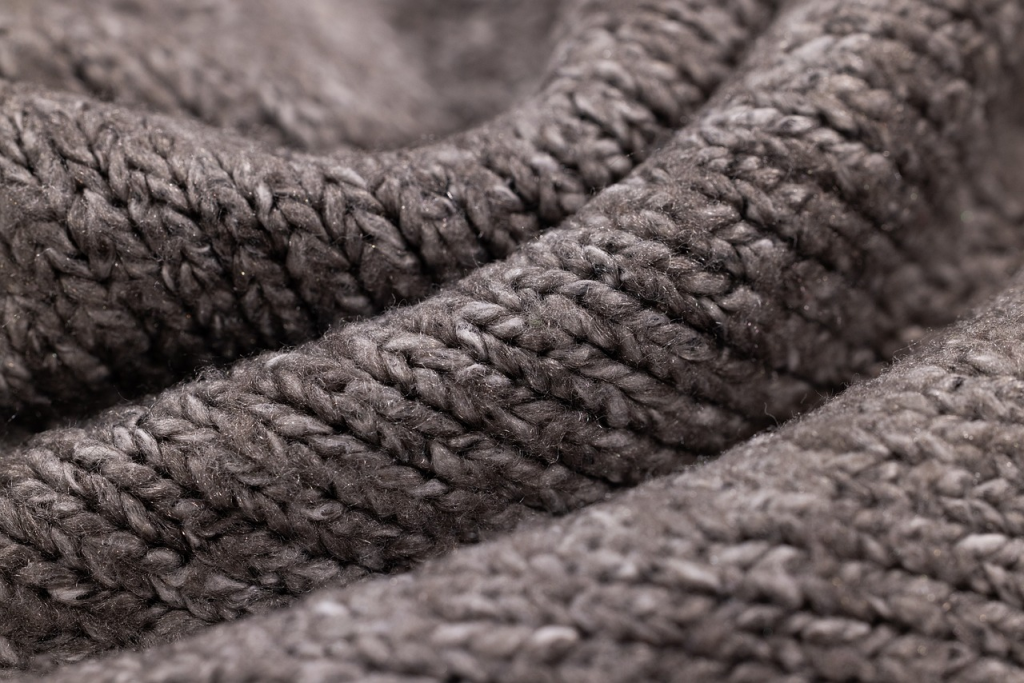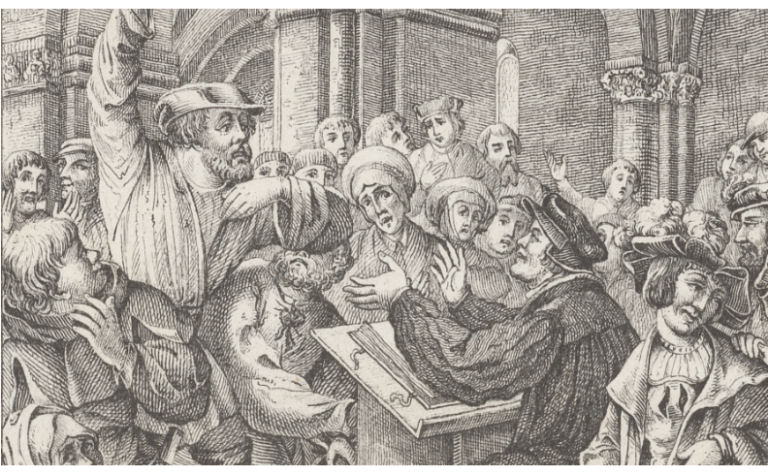You Need Some Borrowed Clothes

One morning, my 4 – year – old son was having a particularly tough time. Usually, he loves going to school, but that day, he sat in the car, in tears, and refused to enter the school building. The California heat had made the backseat hot and stuffy. I climbed back there to talk to him. We discussed why he was feeling sad and how I could help. Every few minutes, he would seem to calm down, only to start crying again moments later.
This went on for over 20 minutes. When he finally agreed to get some fresh air and I opened the door, he looked at me with his red, swollen eyes and said something I’ll never forget: “Momma, I can’t go in there now. I have to fix myself first.”
In our family, we try to be accepting of emotions, so his comment caught me off – guard. It seems that, despite our efforts to let our kids express all kinds of feelings, his young heart instinctively knew that the world isn’t kind to those who show weakness. He wanted to hide until he could present a composed front to his teachers and classmates.
He’s 4 years old, and I’m 34. But when he said those words, I understood exactly what he meant because I often act out of the same fear.
He Knows Your Weakness
Thankfully, I have a God who understands this fear and helps me deal with it.
While studying the book of Hebrews, I’ve been thinking a lot about the role of the high priest. On Yom Kippur, the Day of Atonement, the high priest would enter the Holy of Holies to atone for the people’s sins. This person mediated between God and humans, trying to bridge the gap through sacrifices. Hebrews 5:1 – 2 says, “For every high priest chosen from among men is appointed to act on behalf of men in relation to God, to offer gifts and sacrifices for sin. He can deal gently with the ignorant and wayward, since he himself is beset with weakness.”
As Israel’s high priests connected with their own weaknesses, they were able to feel compassion and empathy for the people who were struggling.
What the high priests were meant to symbolize, Christ embodied perfectly.
He Wears Your Weakness
The second person of the Trinity has no weaknesses in himself. But when he came to earth as a human, he took on a body that could get sunburned, have a fever, and get tired. In the words of Hebrews 5:2, he allowed himself to be “beset” with human weakness. The Greek word “perikeimai,” translated as “beset,” means to be surrounded by, encompassed by, or clothed with.
Christ clothed himself with our weakness. He wore our feebleness like a garment. On the cross, he was both the high priest and the sacrificial lamb, sacrificed once and for all to bring us back to God the Father. And even today, he remains our great high priest, constantly interceding for us.
As his followers, we’re called to be brave and show our weakness in a world (and sometimes even in the church) that expects us to have everything under control. Fortunately, our compassionate Savior promises to be with us in our weakness and to pour out mercy and grace on us. Hebrews 4:14 – 16 says, “Since we have a great high priest who has passed through the heavens, Jesus, the Son of God, let us hold fast our confession. For we do not have a high priest who is unable to sympathize with our weaknesses, but one who in every respect has been tempted as we are, yet without sin. Let us then with confidence draw near to the throne of grace, that we may receive mercy and find grace to help in time of need.”
He Clothes You with Strength
Jesus doesn’t just give us mercy and grace when we’re weak; when we admit our need, he gives us a new “outfit” of dignity and strength.
I used to feel inadequate when I thought about the Proverbs 31 woman, who was “clothed with strength and dignity.” Now I realize that she was able to wear strength and dignity because she first acknowledged her weakness. Those were “robes” she received from someone else.
As much as I love my son, he was wrong. With such a wonderful high priest like Jesus, we don’t have to always appear strong in the world, hiding our brokenness and only showing our best sides. In fact, for Christians, it’s the opposite. We’re called to bring our tattered, imperfect selves to God’s throne and receive robes of strength that are given to us by him.
Can you provide some more context or details about the article?
What is the main idea or message of the article?
Are there any specific quotes or passages from the article that are worth highlighting?





